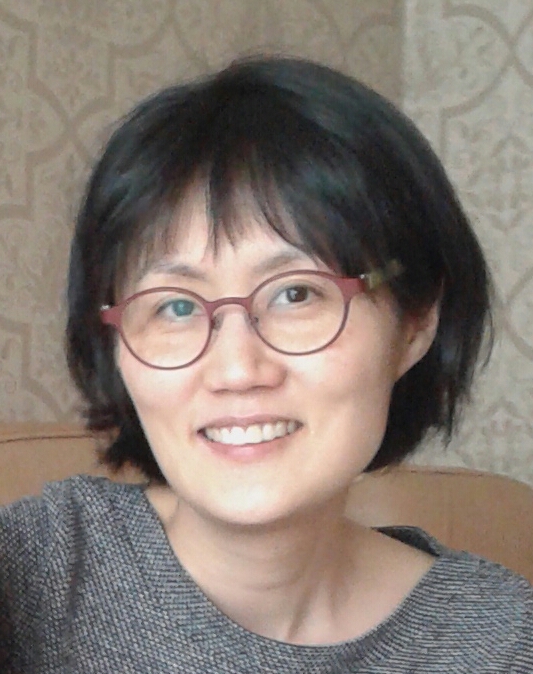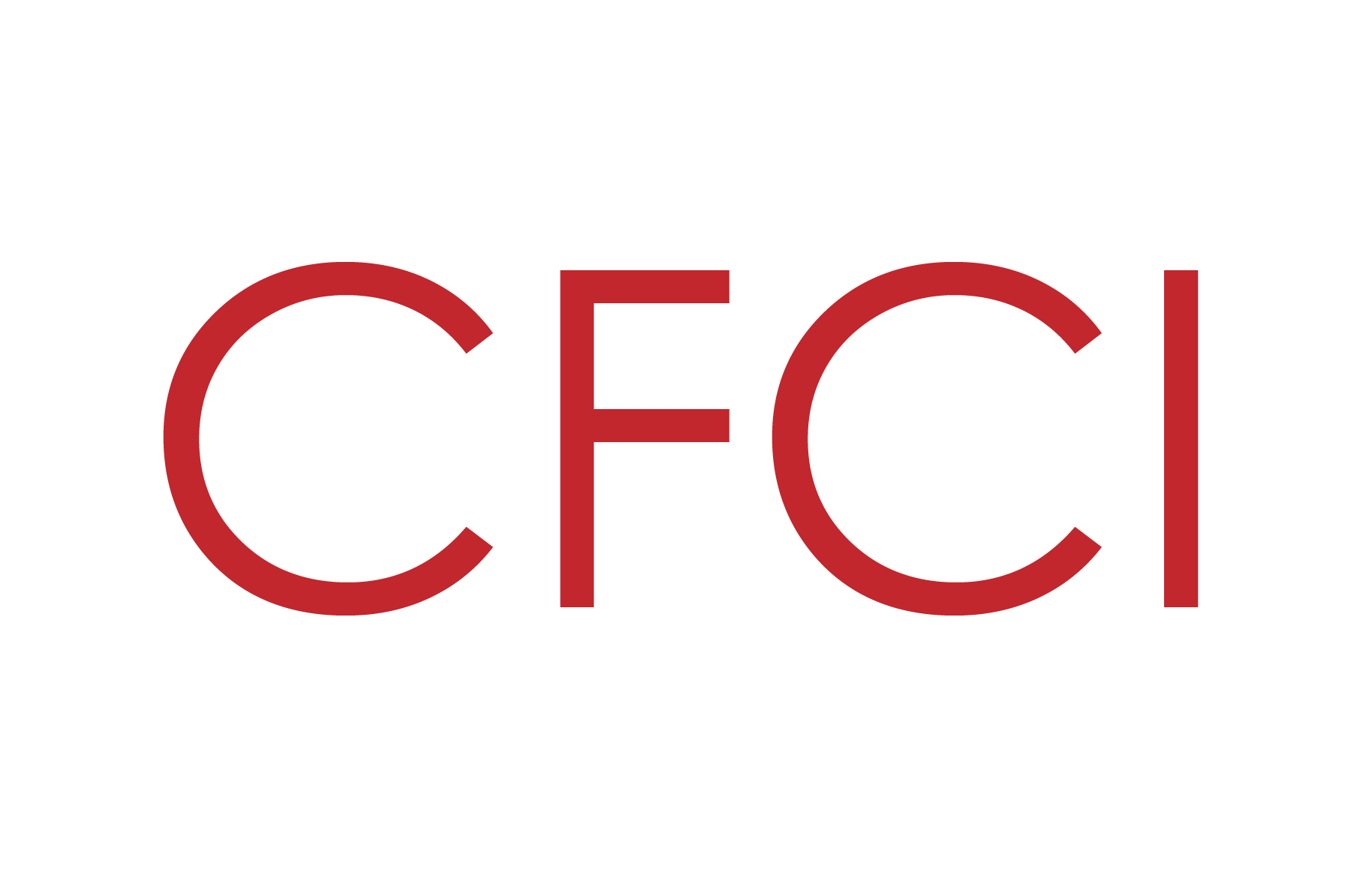Cultural industries and the state in South Korea: the importance of ‘hidden’ cultural policies
13 May 20224pm—5.30pm
Register Now Back to Webinars
Hye-Kyung Lee, King's College London
See More
Everyone agrees that South Korea has a very active policy on the cultural industries. The Korean government’s dedication to foster the nation’s cultural economy, its ambitious goals and its commitment to public cultural investment have been well documented. In this talk, however, I want to draw attention to the importance of the ‘hidden policies’ that have played facilitating roles in ‘institutionalising’ the cultural industries. I argue that the Korean government has functioned as an institutional entrepreneur in the sense that, in many areas, it initiated, created and normalised new institutions that are conductive to the ‘making’ of sustainable cultural industries. To illustrate my point, I will take examples of key institutions that were created, strengthened and normalised by the government’s ‘hidden policies’ – e.g., SPC (paper company dedicated to cultural production project), standard contracts, box office databases and the cultural venture capital market. Although not without problems, those institutions rationalise cultural business by giving it more transparency, increase trust among actors, incentivise private investment, normalise contractual relations, clarify copyright ownership, make cultural work more workable, and tackle information gaps. Looking into the hidden policies is an interesting way to better understand the ‘activeness’ of Korea’s cultural industry policy. Scholars and policymakers from other countries can get useful insights from the experience of S. Korea, beyond the simple idea of public funding or investment.



